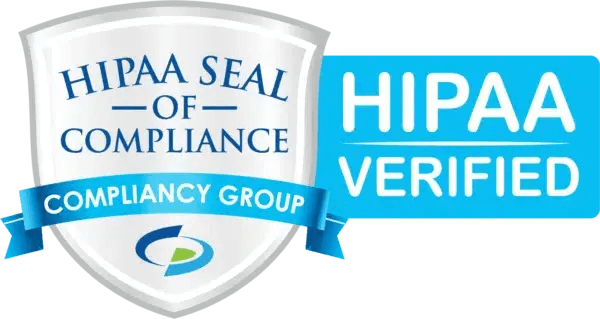
- 812-314-6724
- 812-314-6724
Words of Wisdom
FREE Report

If You Depend On Your Computer Network To Run Your Business, This Is One Report You DON’T Want To Overlook!
Contact
REAL $$$
$$$
 $$$
$$$
-
2901 Richmond Rd.
Ste 140-222
Lexington, KY 40509 - Phone: 812-314-6724
- Phone: 812-314-6724
- Email: support@real-techsupport.com
Tech News
Why Smart POS Systems Are a Lifeline for Small Shops
November 4th, 2025
Gmail Adds Encryption for Emails Beyond Your Organization
November 3rd, 2025
© Copyright 2025 REAL
REAL People. REAL Experience. REAL Solutions.
No mobile information will be shared with third parties/affiliates for marketing or promotional purposes. All the above categories exclude text messaging originator opt-in data and consent; this information will not be shared with any third parties.




🚨 Healthcare Data Breaches Are Escalating — And Practices Aren’t Safe
Another week, another major healthcare data breach — or in this case, four breaches, exposing the sensitive information of over 560,000 patients. If you’re in healthcare, you already know the stakes are high — but these latest incidents underscore just how vulnerable the industry remains.
Take the breach at Concentra Health Services — hackers gained access to sensitive patient records, including medical histories, insurance details, and social security numbers. That’s not just an IT failure — that’s a direct hit on patient trust.
Then there’s the Doctors’ Management Service breach, which saw attackers siphoning data for months before detection. Months. Imagine the fallout when patients find out their private health information has been circulating on the dark web all that time.
The reality is, small practices aren’t immune. Just because you’re smaller doesn’t mean you’re less of a target. In fact, smaller healthcare providers are often seen as easier targets — fewer resources, less robust security, and just as much valuable patient data.
Does this sound like anyone you know?
...... A few years back, a colleague’s practice suffered a ransomware attack. The hackers locked down their patient records and demanded a hefty payment in Bitcoin. The practice was forced to shut down for three days while scrambling to restore backups — and some data was permanently lost. Even after getting back online, the practice faced months of HIPAA investigations and patient trust issues.
The practice took it as a wake-up call. The Doctor's invested in a managed service provider (MSP) to handle their IT security — 24/7 monitoring, encrypted backups, and regular staff training. It wasn’t cheap, but it was cheaper than losing the practice’s reputation overnight.
This latest wave of breaches is proof that the threat isn’t going away. Hackers are getting more sophisticated, targeting the gaps in smaller networks and healthcare-specific systems. For all practices, this means stepping up security isn’t optional anymore — it’s survival.
So the question isn’t if your practice will face a cyberattack. The question is when. The real test is whether you’re prepared to handle it when it comes.
#Cybersecurity #HealthcareSecurity #DataBreach #HIPAA #DentalIndustry #PatientTrust